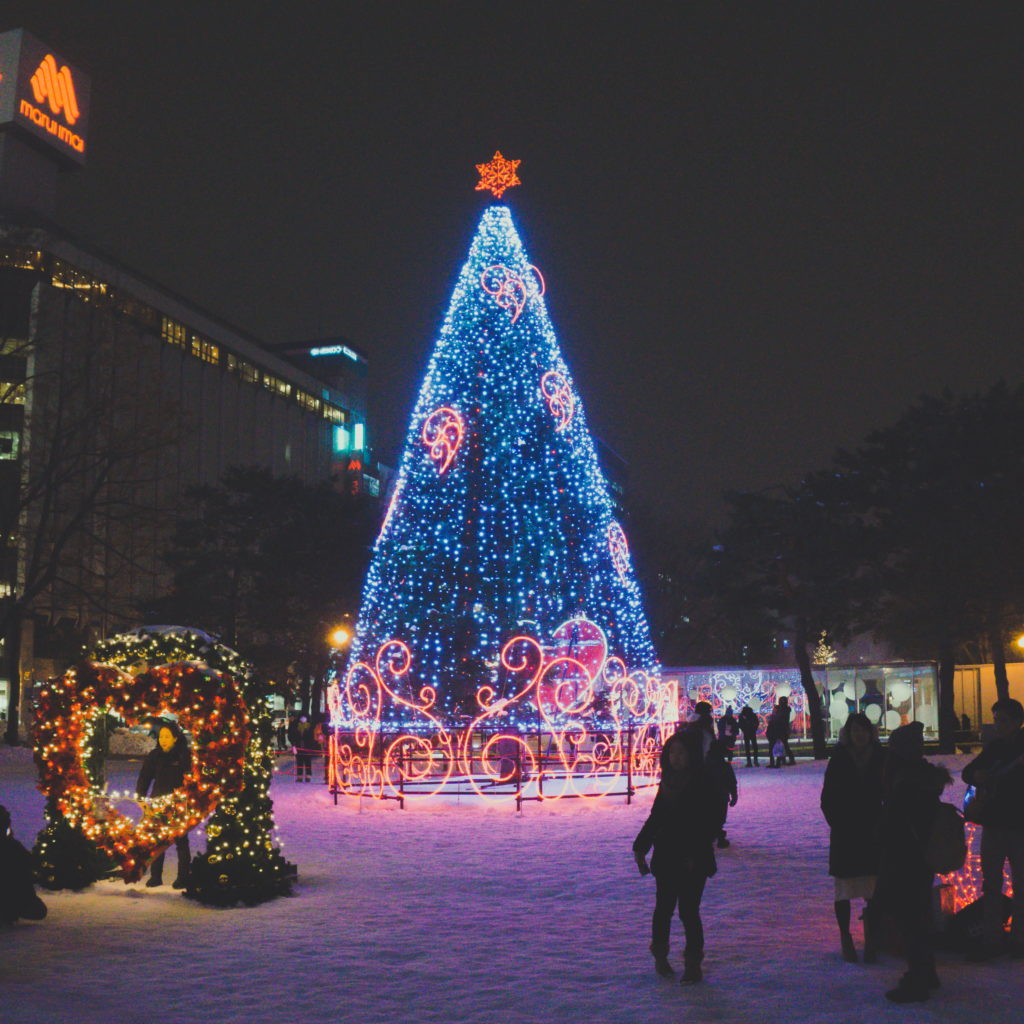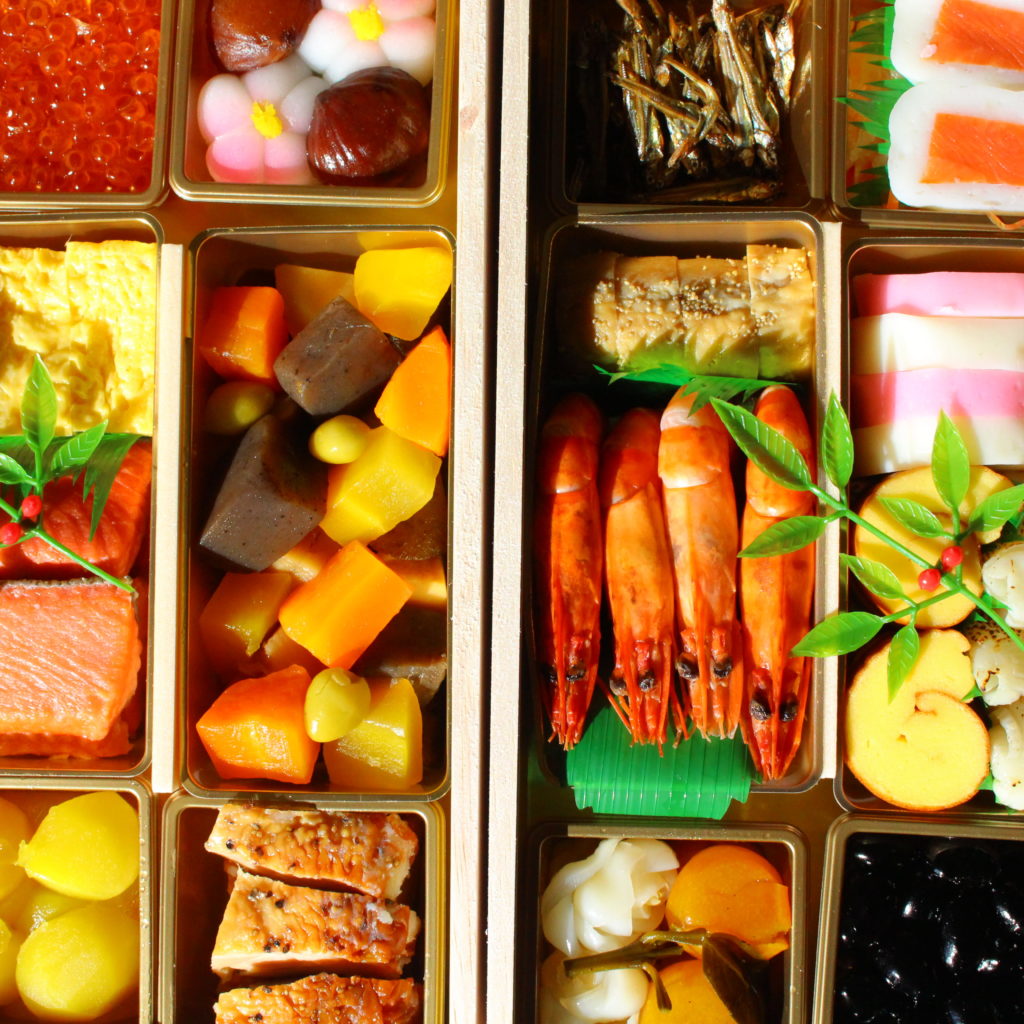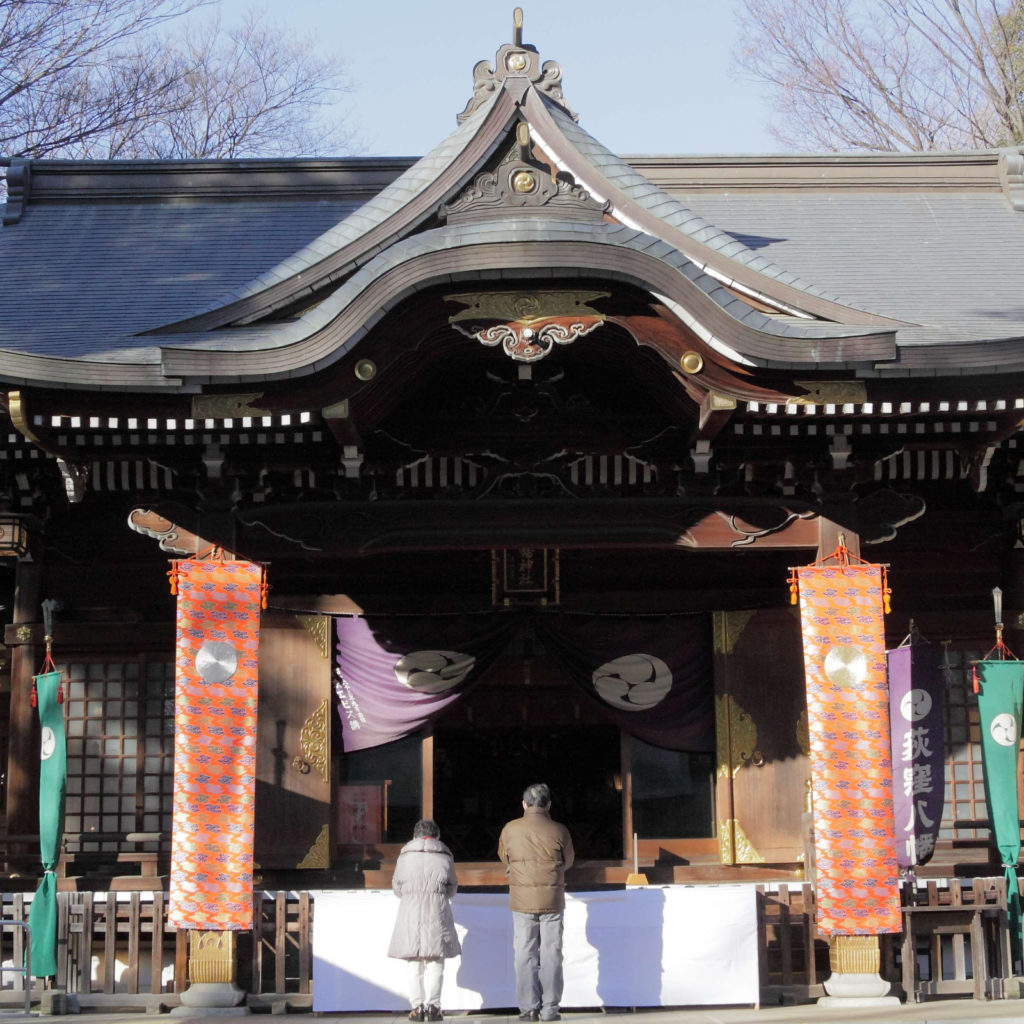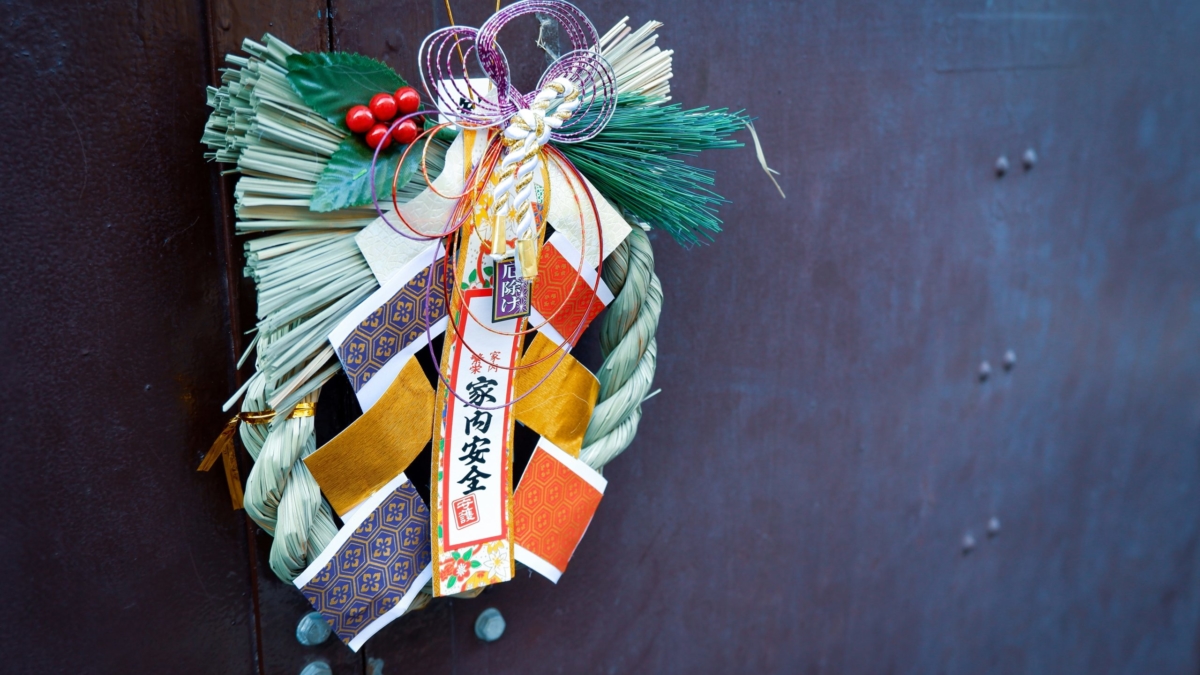Discover how the end of the year’s season is celebrated in Japan.
The year 2023 has come to an end, and we want to review the most common traditions that currently take part in Japan.
The Japanese Christmas season is similar to Christmas in other parts of the world in terms of an increase in gifts shopping, business promotions, red and green decorations, Christmas Trees in public places, Santa Claus images, and Merry Christmas messages everywhere. The difference with the Christian celebration concerns Christmas’s religious meaning. Not many people pray to Jesus or go to the church because less than 1% of the Japanese population is Catholic.
Even though Christmas does not have a profound meaning in Japan, for some decades, the global celebration has had an impact on society, therefore the Japanese came up with their own traditions. For example, many people celebrate Christmas by going out on a date with a significant other, similar to Saint Valantine’s Day in the West, especially young couples. It can eat together in a nice restaurant or exchange romantic presents and go for a walk.
Another frequent custom is eating Christmas cake, which can be hand-made or bought, mostly the popular strawberry shortcake with Christmas decorations. Many families with young children have adopted this method to enjoy at home, and Christmas presents are not that common yet, but are gaining popularity. Instead of Christmas, friends and co-workers hang out to have a “bonenkai, “ an eating and drinking party where they can relax and share without the usual strict protocols that can happen on any day in December.
Christmas trees and Christmas lights are not habitual in-home decorations. While some families put up a plastic tree in their homes, the majority of people enjoy the ones placed in public places, shopping malls, and city squares. For this season, there are many cities that provide enormous Christmas trees along with street illumination to walk around. There are famous ones, such as the Kobe Iluminarie, an impressive annual winter light-up that can be enjoyed until February.

The Japanese calendar does not consider Christmas a National Holiday, contrary to the New Year’s day. If Christmas happens to be during a weekday ( Monday, December 25th, 2023), everybody works normally. Conversely, January the 1st is observed as a day to spend with the family, thus most of the people go back to their hometowns to meet their parents, grandparents and other relatives, eat traditional New Year food together (the famous “Osechi Ryori”), visit temples and shrines to pray for a good year to come and buy an “omikuji,” a piece of paper with a prediction of the future you pick up choosing a stick with a number.
Since the 80’s, KFC became the “traditional” food for Christmas. Not all people manage to buy some because of the high demand. However, nowadays, you can find fried chicken for Christmas in many places, such as supermarkets or convenience stores.
On the other hand, the New Year’s “Osechi Ryori” has an eleveted status, not only because it is a more elaborated food, but also because it became the symbol of Washoku, the traditional Japanese food that was added to the list of Unesco’s Intangible Cultural Heritage of Humanity, in 2013. Some housewives prepare it, but it is also very common to buy a set of prepared Osechi Ryori and then cook some of the features at home, such as the sweet “mochi”, any type of meat, or a salad.

Sending New Year’s postcards, called “onengajyou”, to friends, relatives, coworkers, and acquaintances, has been a long lasting custom and that’s why Japanese mail offices are extremely busy by the end of the year. Kids receive money in a small envelope called “otoshidama”, and houses and businesses’ doors exhibit New Years decorations made of bambu and other plants.
There are other popular practices for New Year’s Eve. For example, eating “toshikoshi soba”, a type of soba noodle special for the occasion, consists of longer noodles than the normal ones which are a symbol of a long and healthy life. While in most Western countries you can enjoy fireworks when the New Year arrives and then, maybe, attend a party or go to a music club, in Japan the last day of the year is usually quieter, but in big cities you can find many options to enjoy hanging out with friends.




Leave a Comment